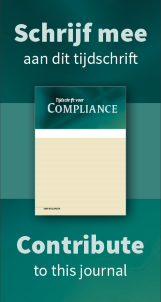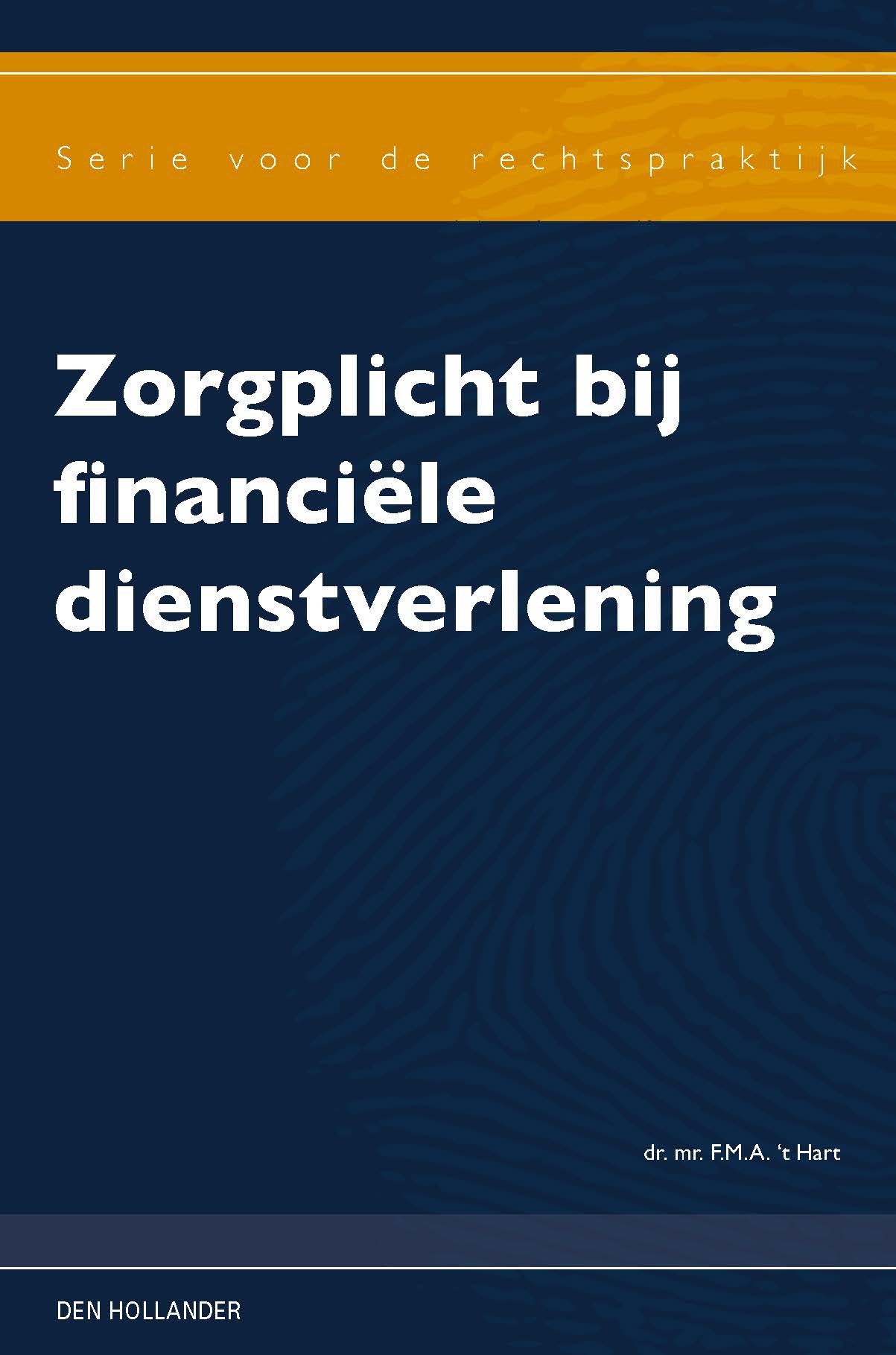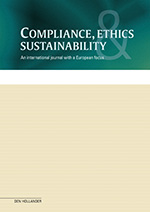So many countries, so many customs? Observations on the National Compliance Debate 2011
M.N. Bakker MBA
Part of the National Compliance Debate 2011, by M.N. Bakker MBA*
The recent financial and economic crisis evidenced the
ever increasing interdependence of economies. This
development is accompanied by tightened legislation and
regulatory supervision with extraterritorial implications
for Netherlands based international corporations. The
speakers at the National Compliance Debate organized
by Houthoff Buruma on June 9, 2011 in Amsterdam
illustrated this with the UK Bribery Act and the whistleblower
bounty provisions of the US Dodd-Frank Act.
Artikel kopen € 79,00 excl. BTW
In plaats van abonneren kunt u dit artikel ook afzonderlijk kopen.
A
speech on the limited protection of whistle-blowers in the
Netherlands clearly evidenced that Dutch legislation has
not in all instances followed this trend for more tightened
legislation. Furthermore, not only foreign legislation,
but also the Dutch regulatory developments fuelled
the debate surrounding Dutch publicly listed corporations
as clearly manifested by the speech on publication
of price sensitive information and directors liability.1 In
this article I will discuss two central themes that seemingly
triggered the most concern and discussion among
the participants of the debate: the extent of the extraterritorial
reach of in particular the UK Bribery Act and
its practical implications for international corporations,
and the role of the company’s compliance officer in preventing
and mitigating financial crime2 at international
corporations.
Introduction
At the National Compliance Debate organized by Houthoff
Buruma in Amsterdam on June 9, 2011, I referred to two
conclusions of the Ernst & Young European fraud survey:3
1. Not only is ethical behaviour desirable, it is also good
for business – according to 75% of the respondents of
the survey.
2. New anti bribery legislation will have little impact on
economic growth – according to 70% of the respondents
of the survey.
From the perspective of upholding lofty principles, it is very
difficult to disagree with the above conclusions. I do not
think the audience of the debate would have responded very
differently if given the same survey. It is however far more
challenging to combat financial crime in practice and establish
and maintain good controls and procedures to avoid and
mitigate financial crime. This is likely why at the 2011 National
Compliance Debate two central themes continuously
returned in the discussions: first the extent of the extraterritorial
reach of in particular the UK Bribery Act and its
practical implications for international corporations; and
secondly the role of the company’s compliance officer in
preventing and mitigating financial crime4 at international
corporations.
U heeft op dit moment geen toegang tot de volledige inhoud van dit product. U kunt alleen de inleiding en hoofdstukindeling lezen.
Wanneer u volledige toegang wenst tot alle informatie kunt u zich abonneren of inloggen als abonnee.




